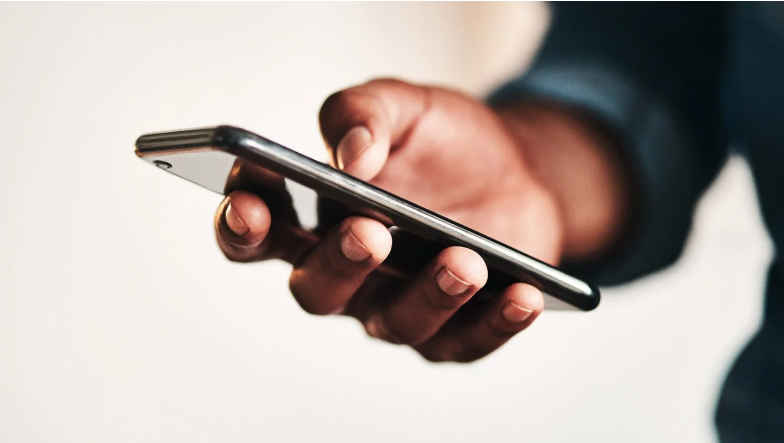A Bill with Bipartisan Roots Seeks to Prolong Affordable Connectivity Program with a $7 Billion Infusion In a strategic move to extend the lifeline of the Affordable Connectivity Program (ACP), legislators have unveiled a groundbreaking bipartisan proposal.
The ambitious bill, if passed, pledges a substantial $7 billion injection, ensuring the continued availability of monthly internet subsidies for eligible low-income households up to the year 2024.
The initiation of the Affordable Connectivity Program Extension Act follows closely on the heels of a stark warning from Jessica Rosenworcel, the Chairwoman of the Federal Communications Commission (FCC). On Monday, she forewarned that the FCC might be compelled to initiate the initial phases of winding down the program by the end of this week unless Congress sanctions an extension.
Should congressional action remain absent, the ACP’s estimated $14 billion budget is anticipated to be fully depleted by April’s end, as per FCC projections. The consequences of this budgetary depletion could manifest in a disruption of internet access for nearly 23 million households, impacting an estimated 64 million individuals currently benefiting from the ACP.
This program extends monthly $30 discounts on internet services for low-income households and offers up to $75 monthly discounts for eligible households in tribal lands and high-cost areas. Additionally, it extends a one-time discount of up to $100 off the cost of an electronic device.
Championing the cause in the Senate are Sen. Peter Welch, representing Vermont-D, and Sen. J.D. Vance, representing Ohio-R. On the House front, the bill garners support from Rep. Yvette Clarke, representing New York-D, Rep. Brian Fitzpatrick, representing Pennsylvania-R, and Rep. Mike Lawler, representing New York-R. As of the current writing, the bill’s specific provisions are undisclosed.
The bill enjoys endorsements from a coalition of more than 450 civil rights, consumer, and industry groups, including major telecom industry entities, the AARP, labor organizations like the AFL-CIO, the American Civil Liberties Union, and the NAACP.
Despite the ACP receiving resounding bipartisan public approval, it faced resistance in December from Republican leaders in the House and Senate commerce committees. Their objections were rooted in concerns over perceived extravagance in the administration’s spending, branding it as “wasteful.” Additionally, they expressed skepticism about the ACP’s efficacy in a letter directed to the FCC.
House Republicans’ drive to spotlight reduced government expenditure poses substantial challenges to securing renewed funding for the ACP. Experts are apprehensive about the bill’s likelihood of making it to the legislative floor given the recent stance of the House Republican majority.
The bill’s sponsors underscore the ACP’s pivotal role in connecting families across some of the nation’s remotest rural landscapes and underserved urban neighborhoods. Participation rates are noteworthy, with 1.8 million New Yorkers, over 1.1 million households in Ohio, and one in seven Pennsylvania households currently benefiting from the ACP. Collectively, participating households in the home states of the bill’s sponsors receive a cumulative monthly sum of $98.4 million from the program.



